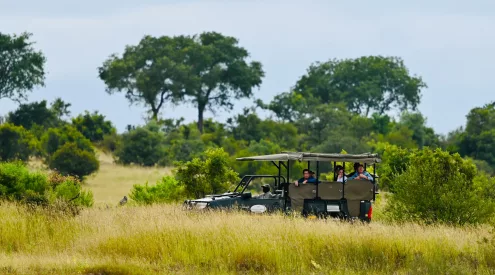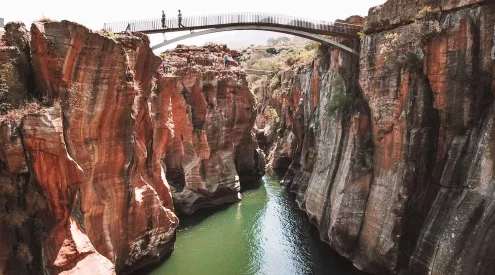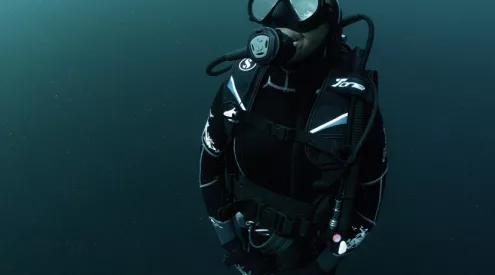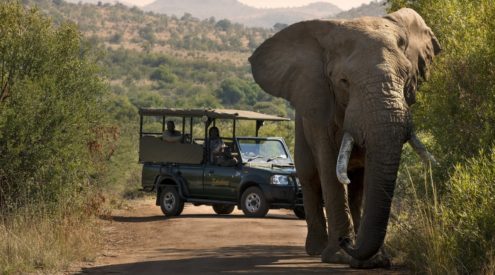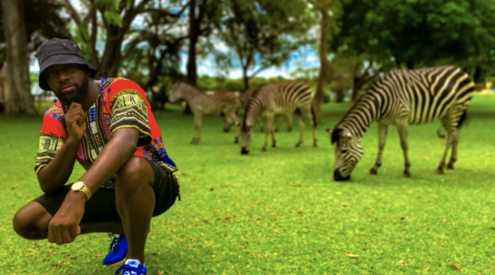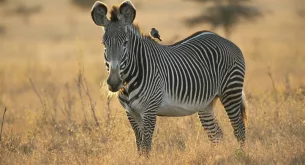Not only does the ocean cover two-thirds of our planet, it also produces 50% of the Earth’s oxygen. According to the United Nations Environment Programme, the oceans ‘regulate our climate, provide food for over 3-billion people, and absorb 30% of carbon dioxide released into the atmosphere and 90% of the heat from climate change. Despite this, human activity threatens this unique, critical environment.’
It’s no surprise then that World Wildlife Day on Sunday, 3 March is dedicated to our oceans for the first time, with the theme ‘Life below water: for people and planet’.
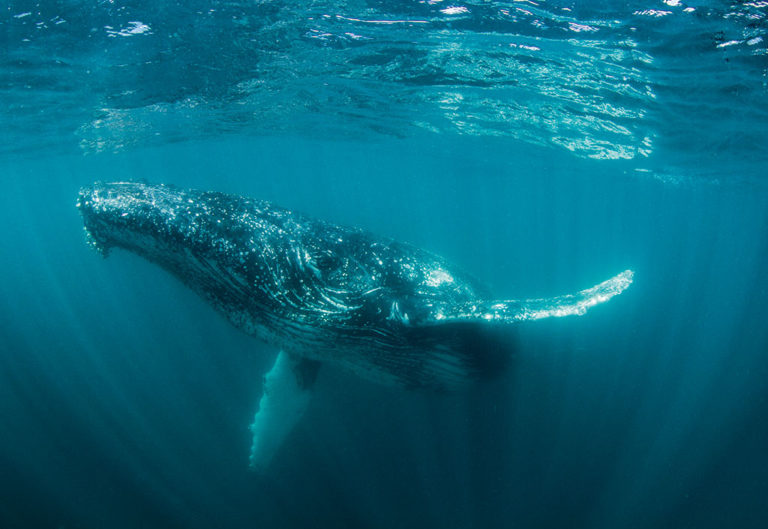
Humpback whale. Image credit: Martijn Schouten.
It’s a day to raise awareness about the amazing diversity of marine life (there are over 200,000 identified species in the ocean, however there may be millions of species not yet found) and the need to conserve it.
Here are some ways you can help support this critical natural environment.
Post on social media and spread the word. Hashtags for World Wildlife Day include #WorldWildlifeDay, #LifeBelowWater, #PeopleAndPlanet, #WWD2019, #DoOneThingToday, and #MarineSpecies.
Volunteer – Help with beach clean-ups, recycle, reduce your single-use plastic usage, or teach tourists about your local area and the natural environment.
Support ocean conservation initiatives and research institutes by donating to them, following them on social media or buying their merchandise. Here are a few to start with:
Seachange Project
‘Our mission is to deepen our connection with nature through science, storytelling and authentic experience. We hope this connection will inspire people to shift their behaviour and live in a way that supports a healthy planet. Along the way we are discovering our own deep connection to the wild.’
Sustainable Seas Trust (SST) is a science-based organisation that works to protect Africa’s marine resources for the benefit of all who live on the continent. The organisation’s vision is for ‘clean, healthy, sustainable seas and flourishing communities living alongside them.’
Working towards creating healthy oceans which support abundant biodiversity, sustainable livelihoods and a thriving economy.
The oraganisation’s ‘exhibits aim to encourage love, respect and understanding of our oceans so that people are motivated to take action for their future well-being and to use marine and other natural resources sustainably.’
Raises awareness and interest in marine conservation issues facing Plettenberg Bay, supporting applied research to help marine management, teaching children about valuing the ocean and exposing volunteers to local marine research, conservation and community education projects.

